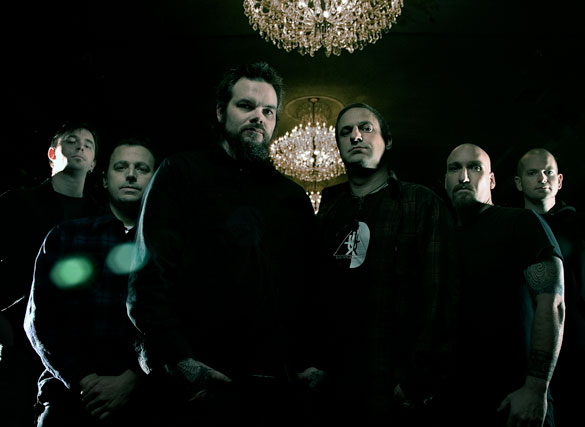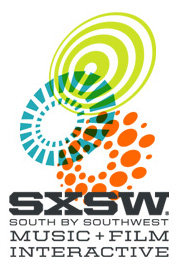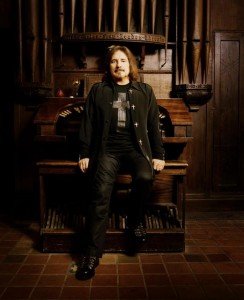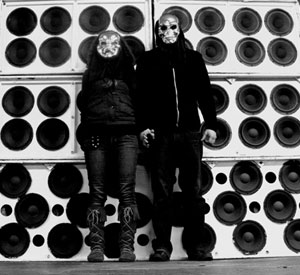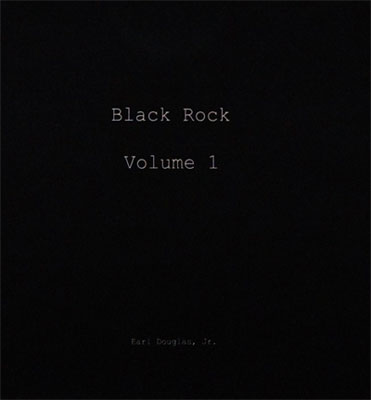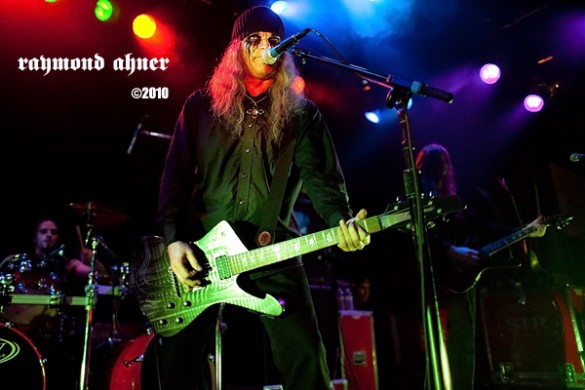
On the Bus with Tom Gabriel Fischer
“Once you have lived this for a while you are free to have different experiences. Each tour brings a new experience. But I’m a somewhat nostalgic guy. This is my seventh U.S. tour or something like that and there are a lot of memories. We played Portland last night and there was a full moon. And there was a full moon the first time I ever played Portland. I remember looking at the moon in 1986 and making some notes about it. Then I find myself on the first Triptykon tour and there’s a full moon. Certain memories stick forever.”
Hellbound’s Justin M. Norton sits down with Triptykon mastermind Tom Gabriel Fischer to discuss his life on the road, the nature of evil, and J.D. Salinger.


